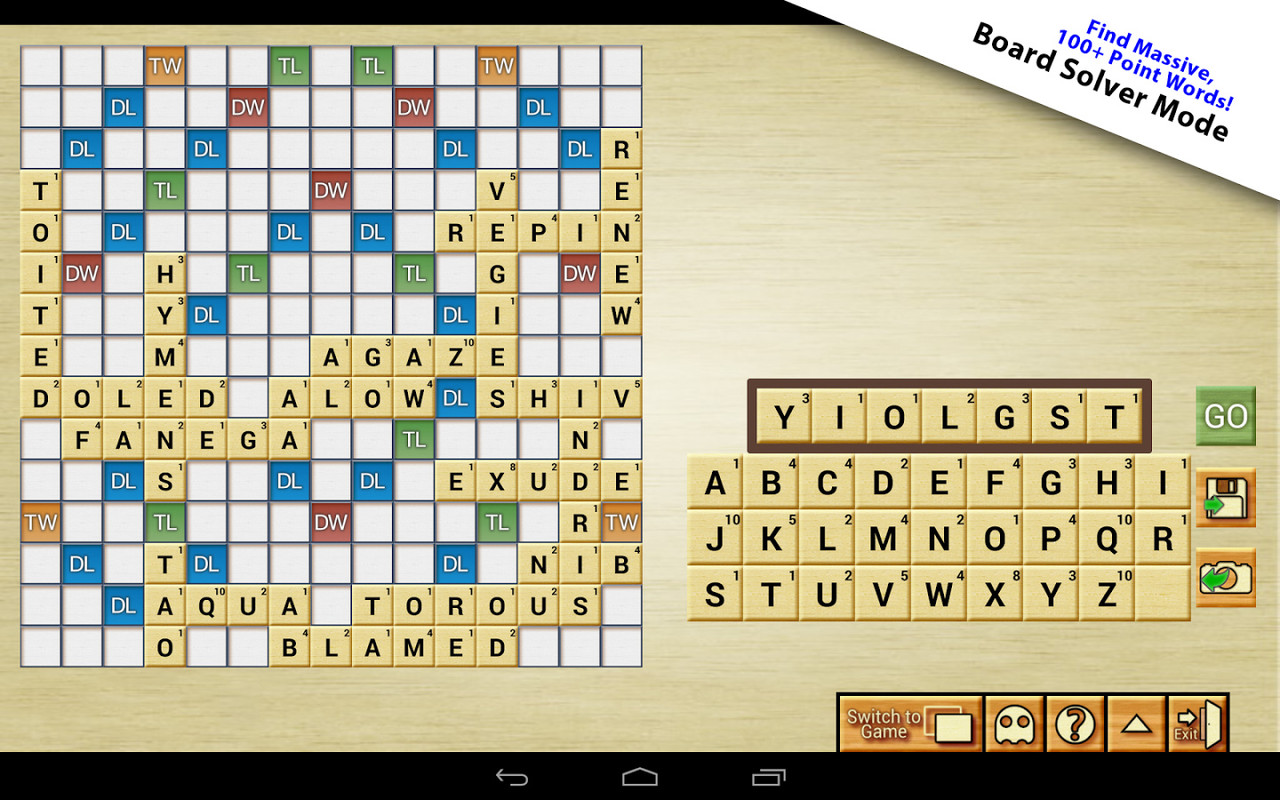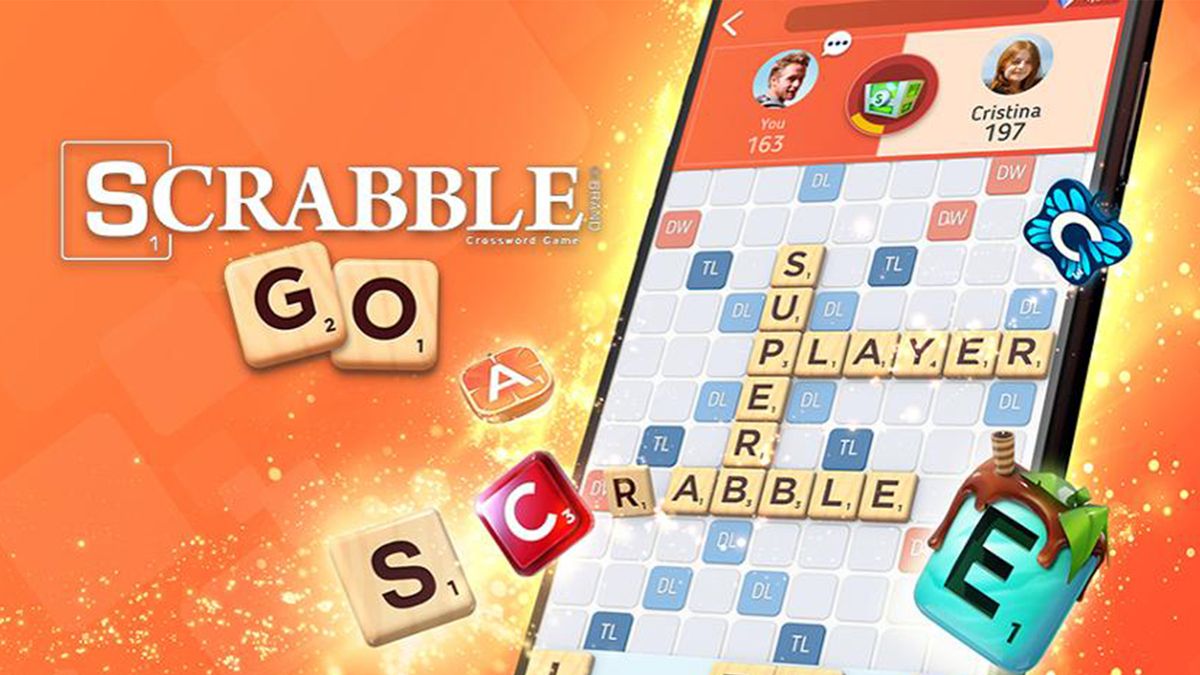
For openers, the mid-1990s was perhaps the zenith of the political correctness movement, when, it could be argued, people sometimes went overboard in trying to do or say the correct thing. “You know,” the Hasbro exec continued, “all the usual curse words, body parts, racial and religious slurs, that kind of stuff.” “John, we need you to take all the offensive words out of the Scrabble dictionary.” The initial phone call went something like this.

So he replied that Hasbro would remove all offensive words from the OSPD as soon as possible.īecause I was the person in the middle between Hasbro, the media, the dictionary publisher, and the players, the job fell to me and the NSA staff to both orchestrate this process and communicate progress to all those entities. The ADL quickly fired off a letter to Alan Hassenfeld, chairman and CEO of Hasbro at the time, accusing the company of “playing games with hate.” Hassenfeld, whose family was active in Jewish charities and causes, was in a tough spot, but he knew he had to act quickly. As one might imagine, the group was all over the situation. So they took their case to the Anti-Defamation League (ADL), the powerful and effective organization dedicated to fighting anti-Semitism. The dismissal from a Hasbro rep only inflamed the women further. Also, however noble the intention, it’s naïve to assume that if a word is removed from any dictionary, it’s going to disappear from the language and conversation. After all, lexicographers cannot pretend a word doesn’t exist just because someone doesn’t like it. I’m not sure whom they talked to that first time, but they were essentially rebuffed by the simple but correct explanation that any word in the dictionary that is not a proper noun is acceptable in Scrabble play. Their first step was to get in touch with Hasbro, the game’s maker. They were going to have these words removed from Scrabble. To their horror and disappointment, they found not only every possible slur against Jews but those against blacks, Hispanics, Catholics, gays, and any other group one could name.īy the end of this exercise, the women were on a mission. And, in a you-can’t-make-this-stuff-up scenario, one of the two women was a Holocaust survivor. However, in skimming the pages, the women stumbled across the word "kike." Understandably, they were appalled.

The players decided to settle the dispute by checking the Official Scrabble Players Dictionary, Second Edition. At one point in the game, a word was challenged. In the early 1990s, two women were playing Scrabble in suburban Washington, D.C. Excerpted from "Word Nerd: Dispatches From the Games, Grammar and Geek Underground"


 0 kommentar(er)
0 kommentar(er)
